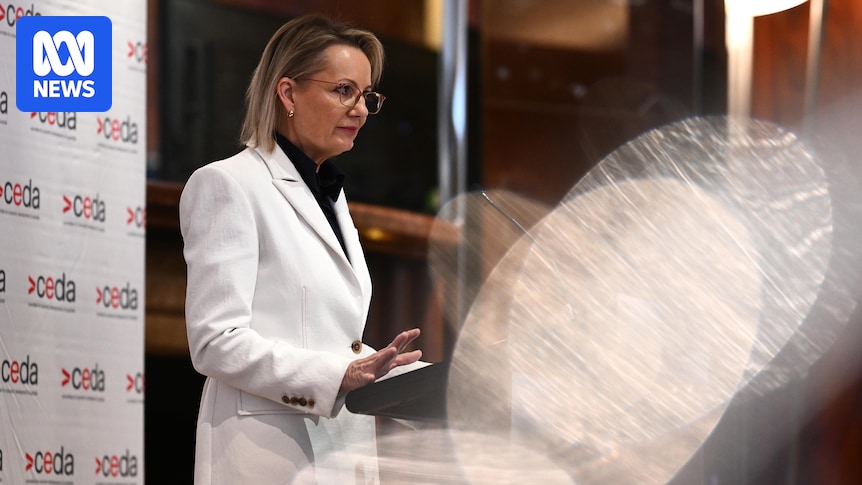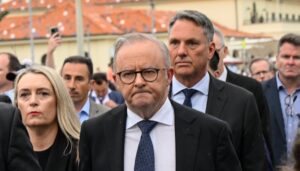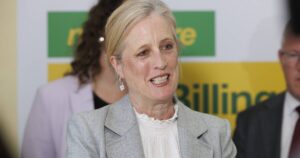
Shadow Finance Minister James Paterson has expressed significant doubts about the Australian government’s ability to meet its climate targets for 2030 and the newly proposed 2035 target. Speaking to Sky News, Paterson highlighted concerns about the potential economic impact of these targets, questioning whether emissions can be reduced without imposing unacceptable costs on Australian households and businesses.
Paterson’s skepticism is rooted in the government’s previous struggles with energy prices, which have risen during its first term. He warned that increasing climate targets to unrealistic levels could exacerbate these issues. “If they ramp up targets to an unrealistic and unachievable level, then that’s even going to be harder to achieve without massive costs for Australians,” Paterson stated.
Opposition’s Stance on Net Zero
Meanwhile, Opposition Leader Sussan Ley has been navigating internal party debates over the Coalition’s position on net zero emissions. Ley has emphasized that while the opposition supports reducing emissions, it does not endorse net zero “at any cost.” Speaking at a press conference in Melbourne, Ley reiterated her skepticism about the government’s forthcoming 2035 target, urging for clarity on the costs involved.
Senior Liberal Andrew Hastie’s recent comments have added to the internal discussions, as he threatened to leave the frontbench if the Coalition continues to support net zero. Ley, however, remains “comfortable” with her frontbenchers engaging in conversations about the policy, emphasizing the importance of robust debate within the party.
International Tensions and Domestic Criticism
In another development, Greens senator David Shoebridge has criticized the opposition’s response to a UN report accusing Israel of genocide in Gaza. Shoebridge accused the opposition of “genocide denial,” a charge that Shadow Foreign Minister Michaelia Cash firmly rejected. Cash defended Israel’s actions as self-defense against Hamas, underscoring the serious nature of genocide allegations under international law.
The international stage also presents challenges for Prime Minister Anthony Albanese, who returned from Papua New Guinea without securing a major defense treaty, a setback that the opposition has seized upon as a foreign policy failure. The treaty, which would have seen Australia and PNG commit to mutual defense, remains unsigned, raising questions about the effectiveness of Albanese’s Pacific diplomacy.
Economic Policies and Future Directions
Back on domestic matters, Ley has criticized the government’s economic policies, particularly its approach to welfare and universal subsidies. In her first economic speech as opposition leader, she argued for a more balanced approach to managing the budget while ensuring essential services.
Shadow Treasurer Ted O’Brien echoed these sentiments, defending the Coalition’s internal debate on climate policy as necessary for shaping Australia’s energy future. O’Brien refrained from specifying fiscal rules the Coalition would adopt if in power, suggesting that these would be revealed “in due course.”
Analysis and Looking Ahead
As the government prepares to announce its 2035 emissions target, it aims to position itself between allies like Canada and New Zealand, and the more ambitious United Kingdom. This target will be a key point of discussion at the upcoming United Nations General Assembly in New York, where global leaders will converge to set their climate agendas.
The announcement comes on the heels of Australia’s first National Climate Risk Assessment, underscoring the urgency and complexity of balancing environmental goals with economic realities. The opposition’s scrutiny of the government’s climate and foreign policies reflects broader debates about Australia’s role on the global stage and its domestic priorities.
As these discussions unfold, the Australian public and political leaders alike are left to ponder the implications of these targets and treaties, both for the nation’s future and its standing in the international community.






